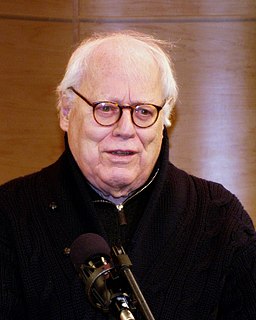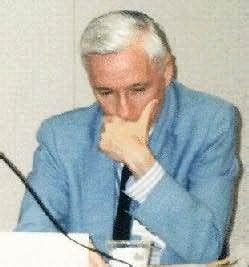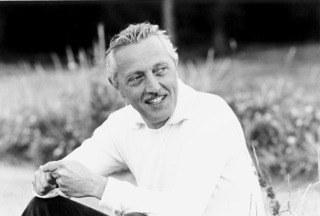A Quote by Sigmund Freud
After all, we did not invent symbolism; it is a universal age-old activity of the human imagination.
Related Quotes
Theories of genius are the peculiar constructions of our own philosophical times; ages of genius had passed away, and they left no other record than their works; no preconcerted theory described the workings of the imagination to be without imagination, nor did they venture to teach how to invent invention.
The study of letters is the study of the operation of human force, of human freedom and activity; the study of nature is the study of the operation of non-human forces, of human limitation and passivity. The contemplation of human force and activity tends naturally to heighten our own force and activity; the contemplation of human limits and passivity tends rather to check it. Therefore the men who have had the humanistic training have played, and yet play, so prominent a part in human affairs, in spite of their prodigious ignorance of the universe.
The age of warrior kings and of warrior presidents has passed. The nuclear age calls for a different kind of leadership.... a leadership of intellect, judgment, tolerance and rationality, a leadership committed to human values, to world peace, and to the improvement of the human condition. The attributes upon which we must draw are the human attributes of compassion and common sense, of intellect and creative imagination, and of empathy and understanding between cultures.





































